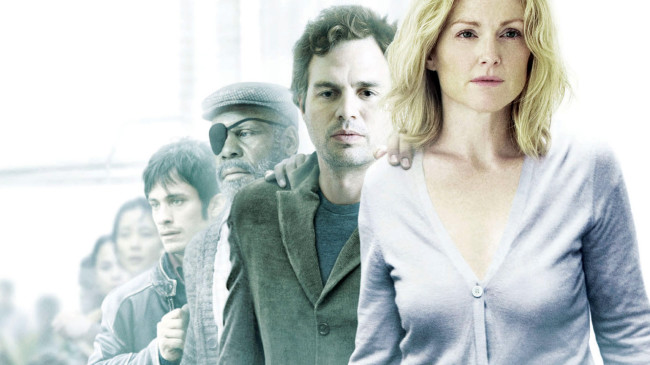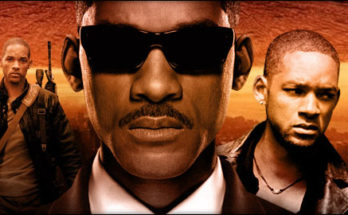Blindness is brought to life by Academy Award® nominated director Fernando Meirelles from a screenplay by Tony Award winner Don McKellar, based on the international bestseller by Jose Saramago, and an ensemble cast that includes: Julianne Moore (“Far From Heaven,” “The Hours”), Mark Ruffalo (“Zodiac,” “Reservation Road”), Danny Glover (“Dreamgirls,” “The Color Purple”), Gael García Bernal (“Babel,” “The Motorcycle Diaries,” “Y tu mamá también”), Alice Braga (“I Am Legend,” “City of God”), Yusuke Iseya (“Sukiyaki Western Django,” “Kakuto”), Yoshino Kimura (“Sukiyaki Western Django,” “Semishigure”), Don McKellar (“Monkey Warfare,” “Childstar”), and Maury Chaykin (“Where the Truth Lies,” “Being Julia”).
BLINDNESS is produced by Niv Fichman, Andrea Barata Ribeiro and Sonoko Sakai. The executive producers are Gail Egan, Simon Channing Williams, Tom Yoda, Akira Ishii and Victor Loewy. The co-producers are Bel Berlinck and Sari Friedland.
The film is an unflinching exploration of human nature, both bad and good–people’s selfishness, opportunism, and indifference, but also their capacity for empathy, love and sheer perseverance.
Blindness premiered as the opening film at the Cannes Film Festival on 14 May, 2008 and also has shown at Toronto Film Festival on 06 September, 2008.
In 1995, the acclaimed author José Saramago published the novel Blindness, an apocalyptic fable about a plague of blindness ravaging first one man, then a city, then the entire globe, with devastating fury and speed. Though the story was about a stunning loss of vision, the book opened the eyes of its readers to a new and revealing view of the world.
The book was celebrated by critics as a classic-in-the-making, a magnificent parable about our disaster-prone times and our metaphoric blindness to our sustaining connections to one another. It became an international bestseller, and also led, along with an accomplished body of equally thought provoking literature, to Saramago garnering the 1998 Nobel Prize for Literature.
As the novel rapidly gained millions of fans around the world, many filmmakers were magnetically drawn to its intricately created world, one that had never been seen on screen before. After all, how does one make a compellingly visual film in which almost no one can see? It called for a grand vision and one filmmaker who had such a vision right from the start was Fernando Meirelles, who, at the time, was an up-and-coming Brazilian filmmaker with a passion for big, intense, all enveloping cinema.



